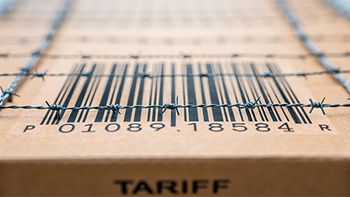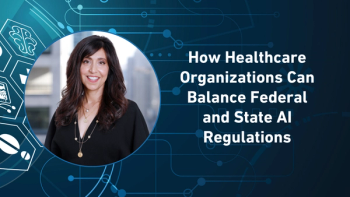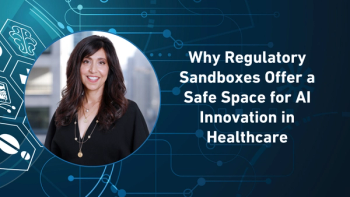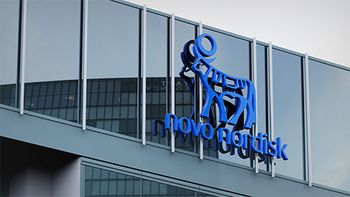
- Pharmaceutical Commerce - November/December 2017
123 countries participate in Pangea X to fight counterfeit drugs
Counterfeit opioids and fake medical devices were a focus in the annual take-down of illicit distributors
As it has for 10 years running now, Interpol, the European-based international policing agency, organized a coordinated, global effort to interdict counterfeit healthcare products and shut down illicit online pharmacies. A record 123 countries participated, says the agency. FDA has been a regular participant as well, and this year, FDA says it sent 13 warning letters to operators of 401 websites, seized nearly 100 website domain names, and intensified screenings at USPS International Mail Facilities (IMFs) in New York, Chicago and Miami, seizing nearly 500 parcels. (Sending a warning letter sounds like bureaucratic busywork, but it’s a necessary first step to further FDA action.)
Internationally, Interpol says that Pangea X resulted in 1,058 investigations; 3,584 websites being taken down; 400 arrests; and 25 million medicine packages being seized, worth an estimated $51 million. Additionally, some $500,000 worth of medical devices (implants, syringes, medical testing equipment and others) were seized. (It’s not clear whether the US data is included in these totals.) These totals were record highs.
The main trend identified during the decade of Pangea operations is the continuous growth of unauthorized and unregulated online pharmacies, which capitalize on increasing consumer demand worldwide to advertise and sell illicit or counterfeit medicines. “The fact that we still see such strong outcomes after 10 years of Pangea operations demonstrates how the online sale of illicit medicines is an ongoing, and ever increasing, challenge for law enforcement and regulatory authorities,” Interpol’s executive director of police services, Tim Morris, said in a statement.
Counterfeit opioids
The situation in the US has taken a dramatic upward swing with the availability of counterfeit opioid pills and even bulk delivery of highly dangerous synthetic opioids like fentanyl. Street dealers have taken, in some cases, to producing pills mimicking prescription opioids, which can sell at a premium to other illicit drugs. The estimated death toll in 2016 reached 64,000 in the US.
“The ease with which consumers can purchase opioid products online is especially concerning to me, given the immense public health crisis of addiction facing our country,” said FDA commissioner Scott Gottlieb, M.D. “Some of the websites sold unapproved versions of multiple prescription opioids directly to US consumers. This easy and illegal availability of these controlled substances fuels the misuse and abuse of opioids. As part of a broader effort to target this illegal activity, in addition to [Pangea X], the FDA is also working on a comprehensive Enforcement Operations Work Plan that’s focused on combating the sale of foreign unapproved drugs to US consumers and aimed at increasing the scope of our operations related to these risks.”
A dedicated operations center at Interpol’s General Secretariat headquarters in Lyon, France served as the central hub for information exchange among the participating countries and agencies. From this base, the World Customs Organization (WCO) coordinated activities between participating customs administrations and the Pangea team via its secure messaging system, and a mobile Europol office in Budapest, Hungary also conducted cross-checks.
The Alliance for Safe Online Pharmacies (ASOP Global), a US-initiated but now international effort to control online pharmacy operations, saluted the Interpol effort. “The results of this global effort evidence the need for continued vigilance to combat the influx of counterfeit medicines,” said ASOP Global executive director, Libby Baney. “There are more than 30,000 active illegal online pharmacies at any given time, and 100% of the time consumers search for ‘buy medicine online,’ they will be directed to illegal and unsafe websites.”
Results from a 2017 ASOP Global survey reveal that a majority of consumers have or are likely to use the Internet as a potential source for prescription medicines, but 95% of those consumers are unaware of how to find safe online pharmacies, including the .pharmacy program administered by the National Assn. of Boards of Pharmacy (NABP) and LegitScript’s URL verification tool.
Articles in this issue
almost 8 years ago
The changing paradigm in primary packaging of therapeutic proteinsalmost 8 years ago
Traceability end-of-year updatealmost 8 years ago
Big Pharma requires big help in protecting CRT productsalmost 8 years ago
Pre-approval access and real-world evidence: a win-win propositionalmost 8 years ago
Deloitte and Cardinal Health team up for patient support servicesalmost 8 years ago
Managing pharma auto fleetsalmost 8 years ago
A conversation with Jim Cleary, AmerisourceBergenalmost 8 years ago
If CVS Health-Aetna doesn’t happen, something else willalmost 8 years ago
Bridging gaps in communicating with patientsNewsletter
Stay ahead in the life sciences industry with Pharmaceutical Commerce, the latest news, trends, and strategies in drug distribution, commercialization, and market access.





